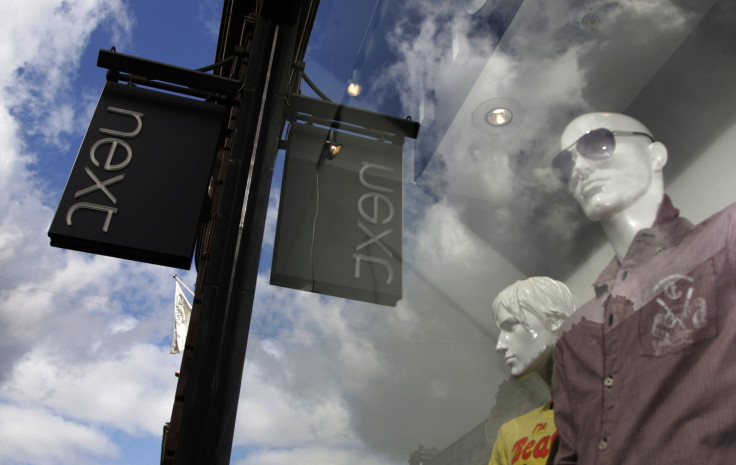Next issues profit warning and cuts sales guidance by 3.5% amid weakening demand

Retailer Next has warned the market that it expects its full-year sales and profit to be lower than in 2015 after yet another difficult trading period.
The FTSE 100-listed company said it recorded weakening demand for clothing, particularly over the Easter break, on the back of unusually cold weather in March and April. As a result, the high-street group has lowered the upper estimate of its profit guidance for the full year from £858m ($1.25bn, €1.09bn)to £852m.
The retailer, which is known in the industry for delivering largely cautious estimates, said at the beginning of the year that it expected its annual profit to be within the £810m and £845m range. However, upon publishing its half-year results in March, the London-listed company cut its profit guidance by 4.5% to between £784m and £858m.
The warning comes less than six months after Lord Wolfson, the group chief executive, warned that 2016 could be the toughest year for the company since 2008.
"It was inevitable that the weather would feature in some way in Next's trading update and we have not been disappointed," said James McGregor, a partner at consultancy Retail Remedy.
"If Next have been challenged by the unseasonal weather this season, then we can assume that the majority of fashion retailers are really suffering. Ever cautious, we are not surprised to hear Lord Wolfson warn of difficult trading ahead."
Meanwhile, the retailer added it has cut its full-price sales guidance by 3.5% to reflect the sluggish demand. In the period between 31 January and 2 May total sales fell 0.2%, with full-priced sales down by 0.9% during that period. However, Next, which said its high-street shops recorded a 4.7% drop in sales over the three months, indicated the market looked to have stabilised over the past couple of weeks.
"We believe it is unlikely (but possible) that sales will deteriorate further, and we have seen a significant improvement over the last few days as temperatures have risen," the company said in a statement released on Wednesday (4 May).
"However, the poor performance of the last six weeks may be indicative of weaker underlying demand for clothing and a potentially wider slow-down in consumer spending."
© Copyright IBTimes 2025. All rights reserved.






















